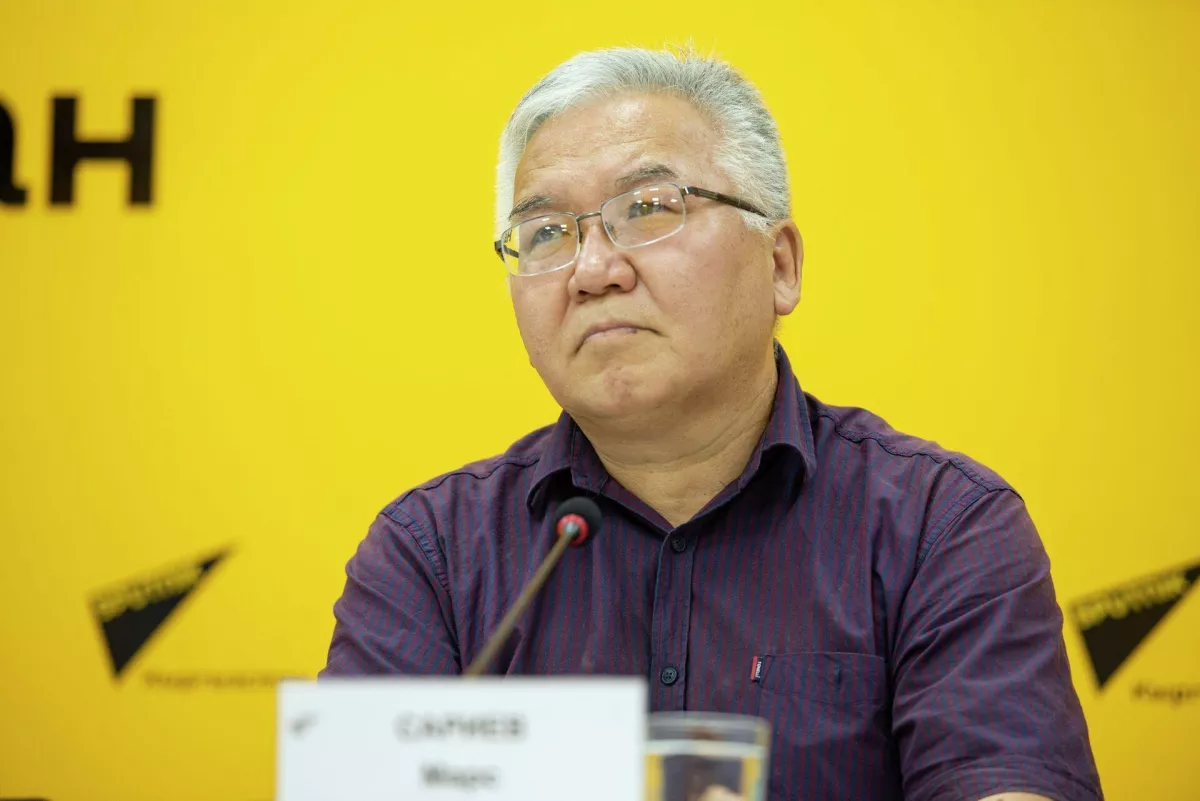Political maneuvering or imminent conflict? Korean Peninsula on edge tensions 38th parallel crisis
The Foreign Ministry of the Democratic People's Republic of Korea (DPRK) has issued a stern warning to South Korea, announcing that it has placed its offensive forces along the border on full alert. This decision comes amid escalating tensions in the region.
North Korean authorities have called on Seoul to halt its reconnaissance drone flights and to suspend military exercises near the border, as well as any efforts to expand patrol zones.
Pyongyang stated that "South Korea's actions pose a significant threat to the security of the DPRK," and the leadership has signaled its intention to implement stricter measures in response.
The North Korean government views the increased flights of South Korean UAVs and military maneuvers near the border as “a provocation that could escalate tensions on the Korean Peninsula.”
“The Defence Ministry, the General Staff, and all levels of the military have begun preparations to respond to any developments. All offensive capabilities are now on standby, ready to act at a moment’s notice,” the North Korean Foreign Ministry stated.
So far, South Korean authorities have not responded to Pyongyang's ultimatum. However, experts warn that this statement from North Korea significantly heightens the already fragile situation in the region. Tensions between the two countries are rising, and the outcome remains uncertain. With the world already closely monitoring two volatile conflicts in Europe and the Middle East, there are concerns that an unpredictable war in the Far East could further complicate global stability.
Renowned foreign experts shared their insights on the situation with Caliber.Az.

Kazakh political scientist and scholar Zhaksylyk Sabitov expressed his view on the possibility of a war between South Korea and the DPRK, aligning with the consensus among many experts that North Korea's actions are driven by rational objectives.
“These actions are not aimed at initiating a real war but are instead designed to achieve specific goals. In this context, I believe the likelihood of conflict between the DPRK and South Korea is extremely low,” Sabitov stated.
He emphasized that if such a war were to occur, South Korea would likely emerge victorious, which is not in the best interest of North Korea.
Moreover, he pointed out that a war would inflict significant economic damage on South Korea, making it undesirable for both Seoul and Pyongyang. “What we are witnessing can be interpreted as political maneuvering that is unlikely to escalate into actual military confrontations,” Sabitov concluded.
Kyrgyz political scientist and regional security expert Mars Sariyev expressed his belief that Pyongyang's ultimatum is unlikely to escalate into a full-scale war between the two Koreas.
“There are several reasons for this. North Korea should be viewed as a proxy for Beijing, and its actions are influenced by the Chinese leadership's stance on the situation on the Korean Peninsula. Currently, Beijing has no interest in aligning with the United States, which appears eager to spark a conflict in Southeast Asia. This is precisely what AUKUS (a trilateral security partnership between Australia, the United Kingdom, and the United States) was designed to address,” the pundit explained.
Sariyev pointed out that provocations have emerged from both Taiwan and South Korea, which he believes are being encouraged by American interests to create a broader conflict in the region, similar to the ongoing situation in Ukraine.
“Initially, they aimed to incite conflict over Taiwan, but the Chinese government has not succumbed to those provocations,” he noted.
Consequently, Sariyev concludes that, despite the tensions and Pyongyang's threats, a war in the Far East—similar to the current conflicts in the Middle East—remains highly unlikely.
“After plans for a large-scale war in the Middle East—involving not only Israel and Iran but also several other nations—fell through, the US has shifted its focus to Southeast Asia and the Far East,” Sariyev stated.
He noted that South Korea's recent actions suggest that the US is exerting pressure on Seoul. However, he believes that, despite its aggressive rhetoric, North Korea is unlikely to respond to these provocations with a full-scale war.
“This is largely due to China being the key player in this scenario. China will not permit a conflict on the Korean Peninsula that could destabilize its own security or pave the way for US dominance in the region.”
Sariyev emphasized that the US appears to be repositioning its focus away from Europe, seeking to transform the Far East and Southeast Asia into a new growth area, aiming to create a massive market for the sale and production of goods.
“However, I believe this plan is destined to fail,” the political scientist concluded.








